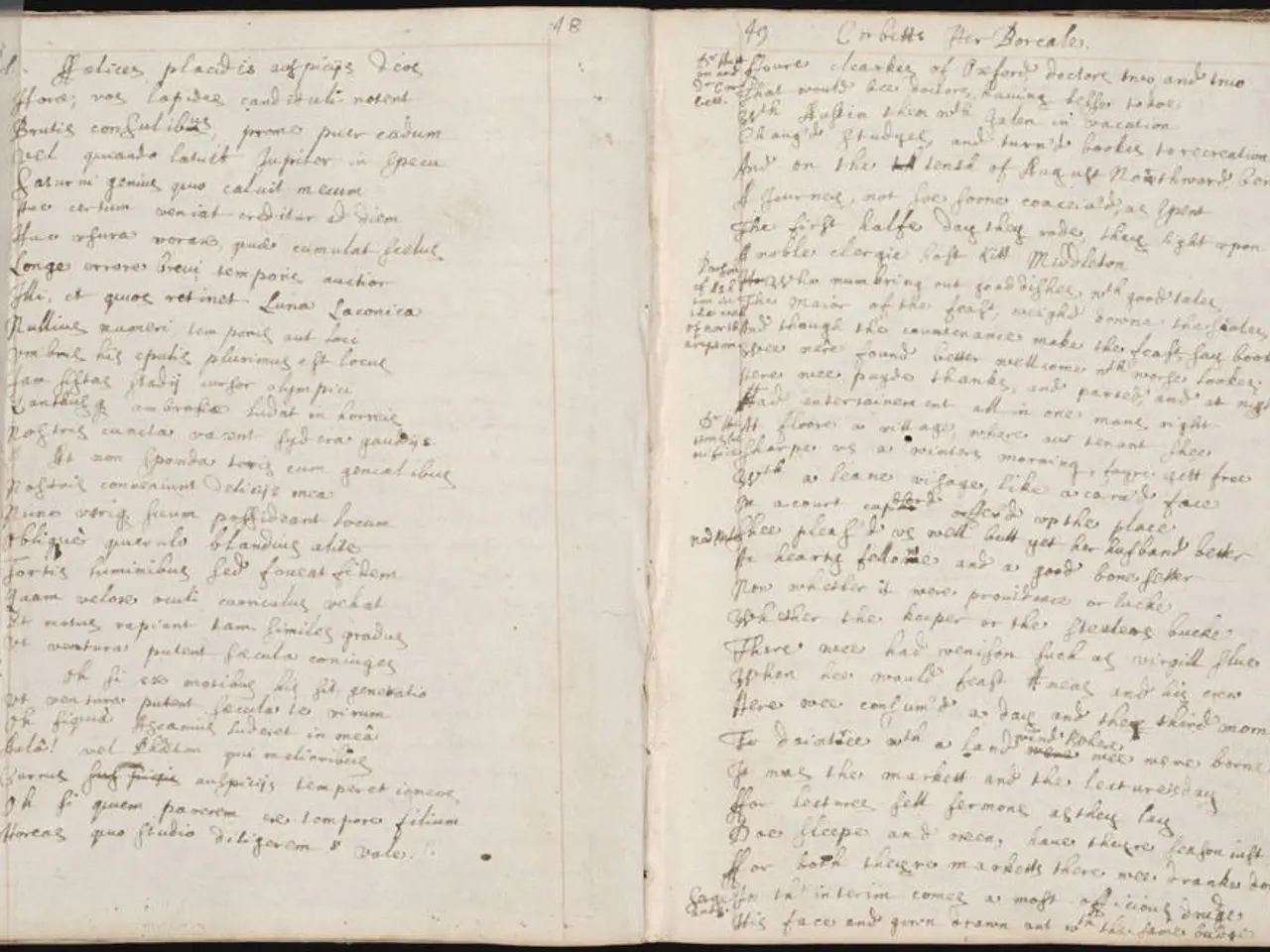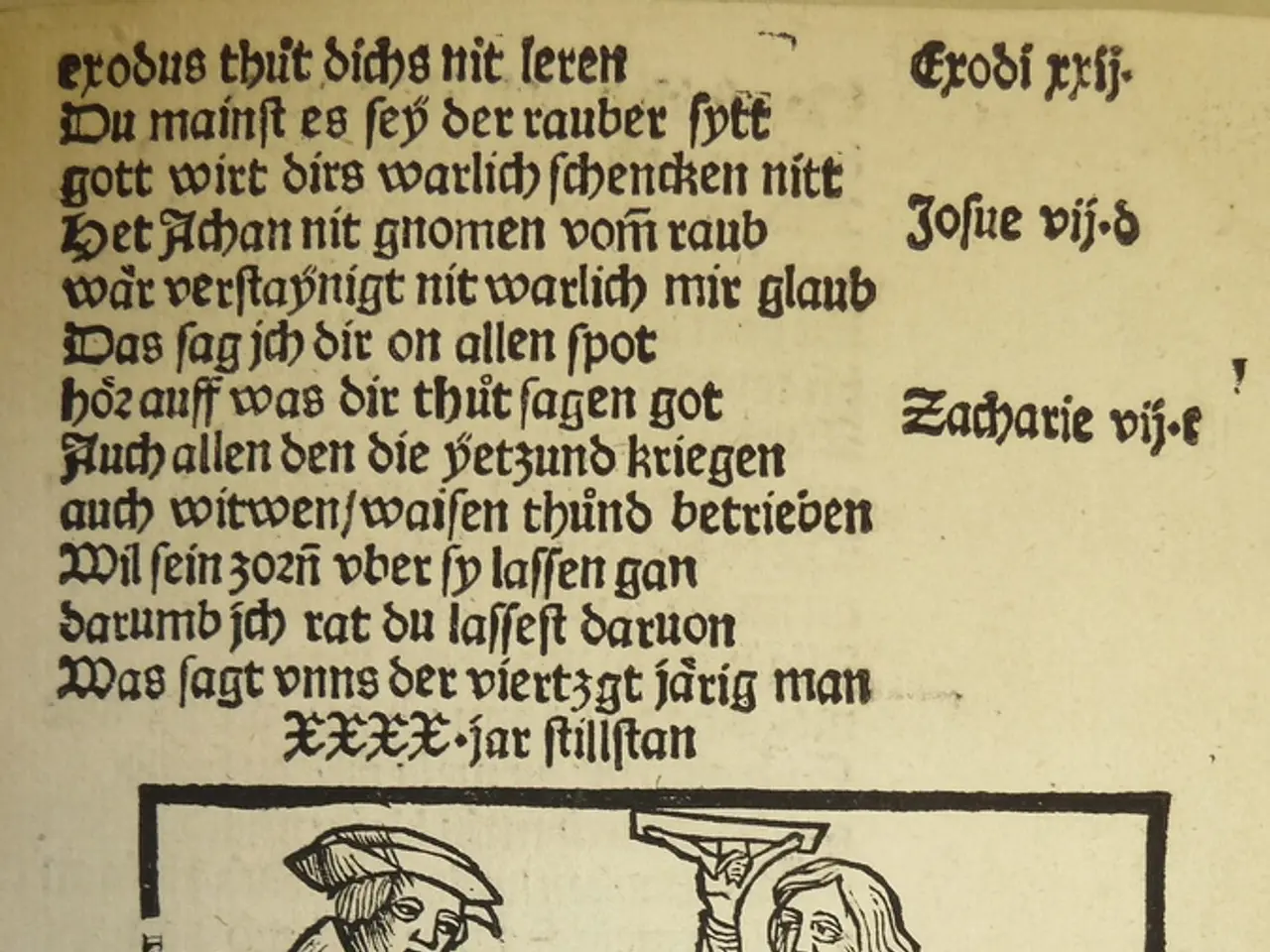Historical Indictments: Persistent Injustices Towards Native Americans Continue to Shape Their Lives
The Yurok Tribal Court judge's recent admonition about hard-to-correct mistakes being ingrained holds a poignant resonance, as the Doctrine of Discovery continues to cast a long shadow in modern times. This historical principle, rooted in 15th-century papal bulls and European legal frameworks during the Age of Discovery, has had profound and lasting consequences for Indigenous peoples in the United States.
The Doctrine of Discovery was a legal justification for European Christian powers, particularly Spain and Portugal, to claim sovereignty over lands inhabited by Indigenous peoples, whom they deemed non-Christian or "heathens." This doctrine established a legal framework that denied Indigenous peoples' sovereignty and property rights, framing them as occupants without legitimate ownership or governance over their lands.
The doctrine fused religious and political authority, asserting that Christianity and European civilization had the right and duty to expand, convert Indigenous peoples, and claim lands for Christian monarchs. This ideology laid the groundwork for European colonial powers to dispossess Indigenous peoples of their lands through conquest and legal mechanisms.
In the U.S., the doctrine was incorporated into legal systems, notably through the 1823 Supreme Court case *Johnson v. M'Intosh*, which legitimized settler colonialism by asserting that Native Americans had rights of occupancy but not sovereignty or ownership of land. This ruling enabled centuries of systemic dispossession, marginalization, and attempts at forced assimilation of Indigenous peoples under U.S. policy.
The doctrine contributed to the cultural erasure of Indigenous peoples by justifying missionary efforts to convert and "civilize" Native populations. The language of the Declaration of Independence, for instance, excludes Indigenous people by referring to them as "merciless Indian savages."
The Doctrine of Discovery remains a critical point of reckoning and discussion in efforts to address historical injustices and advance Indigenous rights today. It is a foundational principle that enabled and justified the ongoing colonization and oppression of Indigenous peoples in the Americas, embedding deeply problematic assumptions of European supremacy and Indigenous dispossession in U.S. legal and historical frameworks.
Harold Printup, a writer contributing to the discussion about the ongoing relevance of the Doctrine of Discovery, notes that the Doctrine of Discovery empowered the settling and colonizing of the American continent. UC's history, too, is a microcosm of the national history of untold native tribal injustices inflicted by the U.S. government.
In 2005, the Doctrine of Discovery was referenced as legal precedent by the Supreme Court in the City of Sherrill vs. Oneida Indian Nation case. Yurok Tribal Court Chief Judge Abby Abinanti recently admonished that the hardest mistakes to correct are those that are ingrained, a sentiment that echoes the enduring impact of the Doctrine of Discovery in contemporary times.
As we continue to grapple with the legacy of the Doctrine of Discovery, it is essential to acknowledge its role in shaping the history of Indigenous peoples in the United States and to strive for a more equitable and just future that respects and upholds the rights and sovereignty of Indigenous nations.
- The Yurok Tribal Court Judge's recent admonition about hard-to-correct mistakes being ingrained reminds us of the lasting impact of the Doctrine of Discovery, a legal principle established during the Age of Discovery that justified European powers' claims over lands inhabited by Indigenous peoples.
- In California, the Doctrine of Discovery was incorporated into legal systems, as seen in the 1823 Supreme Court case Johnson v. M'Intosh, which legitimized settler colonialism and facilitated centuries of systemic dispossession, marginalization, and attempts at forced assimilation of Indigenous peoples.
- Harold Printup, a writer, highlights the role of the Doctrine of Discovery in the colonization and oppression of Indigenous peoples, noting that it was a key factor in the settlement and colonization of the American continent, including California.
- As we confront the legacy of the Doctrine of Discovery, it is crucial to acknowledge its profound consequences for Indigenous peoples in California and across the United States, and to work towards a future that respects and upholds the rights and sovereignty of Indigenous nations in matters of science, politics, general-news, and climate change, particularly in Los Angeles.







